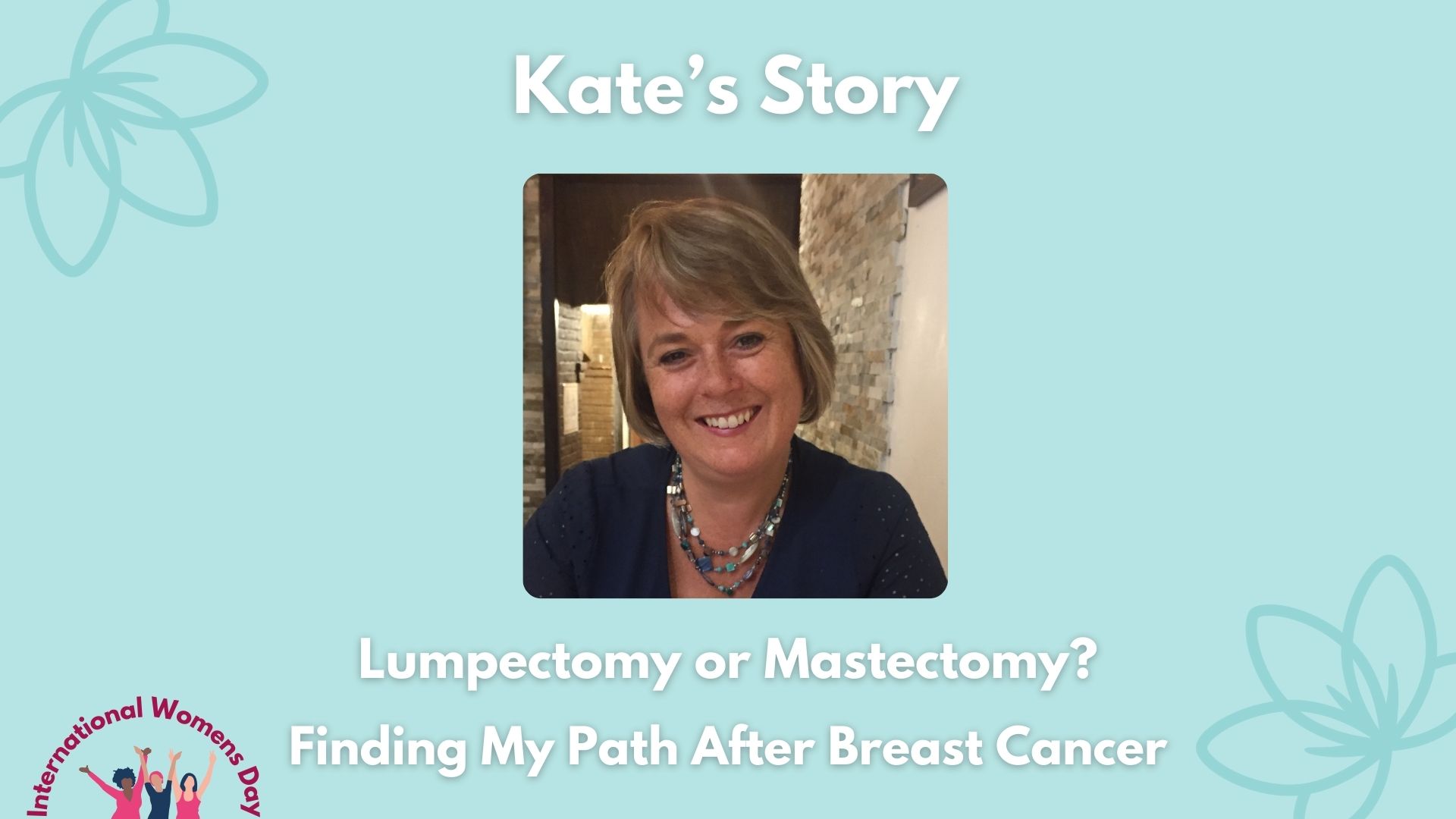Lumpectomy or Mastectomy? Finding My Path After Breast Cancer
Hello, my name is Kate and I am a breast cancer survivor who has just come to the end of 2 years of active treatment and recovery.
I was first diagnosed at the age of 50 in March 2022 with Grade 2 Triple Positive Invasive Ductal Carcinoma. This followed the discovery of a 3cm lump in my right breast which led to a mammogram, ultrasound investigation and a biopsy. Nothing prepares you for a diagnosis of breast cancer and as you enter this terrifying world the first thing you realise is that breast cancer takes many forms, each with its own challenges and different treatment pathways.
For me the bad news was that my type of cancer was the very aggressive HER2-positive type, however the good news was that, with the advent of Herceptin [NHS] a few years ago, it is also very treatable with a good prognosis.
Unfortunately, at the time of diagnosis you tend to just hear the bad news and it is hard not to fear the worst. According to Breast Cancer Now less than 1 in 5 invasive breast cancers are HER2-positive, which did nothing to reassure me.
As the cancer is aggressive but treatable, I was straight into chemotherapy and immunotherapy within a couple of weeks of my diagnosis. This was a huge shock as it turns your whole life upside down and the impact of this treatment on your life and that of your family and loved ones is huge. My treatment pathway was 6 sessions of Chemotherapy and Immunotherapy, followed by surgery and a further 12 sessions of immunotherapy, 5 sessions of Radiotherapy and then reconstruction surgery.
My first thought on diagnosis was that I wanted to have a double mastectomy. I have larger than average breasts and my relationship with them has always been a difficult one. To find out that what I had always seen as a major inconvenience was now trying to kill me was the last straw in a troubled history! I could see no good reason to keep them and assumed hanging onto them would just increase my risk of the cancer coming back.
My consultant however had different ideas! He felt he could undertake a lumpectomy to ensure we got rid of the cancer without needing a mastectomy. He also suggested an operation known as a Therapeutic Mammoplasty, which combines the necessary lumpectomy with breast reduction surgery to give a smaller and more uplifted breast. Later he would then undertake a breast reduction on my healthy breast to match.
Find more information about Therapeutic Mammoplasty here.
Initially I rejected this idea but with Chemotherapy I had plenty of time to consider all the options and eventually decided to go down this route. I had a complete pathological response to the Chemotherapy and immunotherapy so by the time I got into surgery my cancer had gone.
This was very reassuring and made me feel a lot more positive about the surgery and almost a little excited about the prospect of my new shape.
However, I ended up waiting over a year for my reconstruction operation and during this time had to live with 2 very different sized breasts, using a breast prosthesis to even them up. This was very hard to come to terms with, as was having to face more surgery just as I had finished all other treatments and was finally starting to be able to get back to normal life.
At the time of preparing for the second surgery I was also coming to terms with the long-term impacts of breast cancer treatment. This included induced menopause and the side effects of hormone suppression medication as well as mobility issues in my shoulder from the first surgery and ongoing lymphedema, or fluid retention, in the breast. Going into another surgery and recovery situation seemed like the last thing I wanted to do.
Now, as I reach the 2nd anniversary of my diagnosis and my active treatment has finally come to an end, I am glad I made the surgical choices I did. I am very pleased with the outcome of the second surgery and am grateful for the treatments and support I have had and for the options available to me. It has felt like a very long road, and I am very glad to finally get to the end of it.
My message on International Women’s Day is that treatment is a long bumpy road but effective, we are so lucky to have the treatments and options available to us now. Herceptin was such a game changer for people with my type of cancer and transformed our prognosis. I think my message would be one of hope for anyone newly diagnosed; try and focus on the positive things you are told, there are so many good treatments available now and whilst treatment can be long and really tough, it is effective.
Kate



![NHS Innovation Accelerator Logo 2024 [White, Transparent Background]-min NHS Innovation Accelerator Logo 2024 [White, Transparent Background]-min](https://wewearboost.com/wp-content/uploads/2022/05/NHS-Innovation-Accelerator-Logo-2024-White-Transparent-Background-min.png)